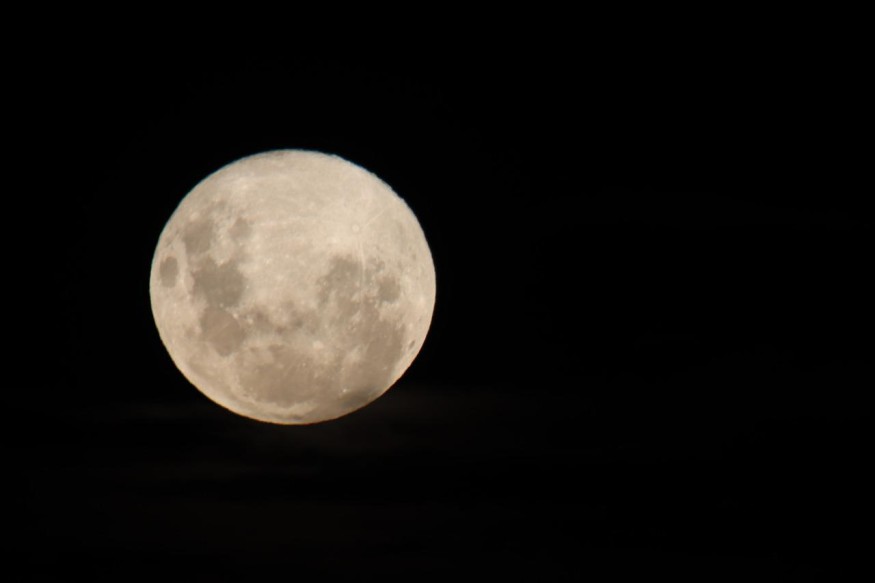In the past few months, lunar observers had the opportunity to watch a larger full moon, also known as a supermoon. The month of August will feature the last of this year's supermoon, giving stargazers the last chance to see the moon in an unusual state.
The last supermoon of 2022 is called Sturgeon supermoon, which got its name from ancient civilizations who coined the term after observing that they tend to catch more surgeons this time of the year.
Read the article to know when, where, and how to see the last supermoon this year.
When and Where to See the Sturgeon Supermoon
According to Daily Express, the residents in the UK will see the Sturgeon supermoon rise in the southeast of the night sky on Thursday at around 8:55 pm. Clear skies are expected this summer and will peak at around 2:36 am on Friday during a phenomenon called syzygy,
It is an astronomical term that describes the moment the moon stands directly between the Earth and the sun to make it appear extra bright. In other words, it is when the Earth, sun, and moon are in a nearly straight line.
In Australia, ABC News reported that this month's supermoon would be visible Thursday evening and peak at 11:35 am Friday. The supermoon will peak at its fullest, and although it is mid-morning in Australia, it will still shine as the sun sets in the country.
The best time to see the Sturgeon supermoon in Australia will be on the moonrise. For those living on the east coast, keep your eyes on the eastern horizon from 4:20 pm onwards on Thursday or after 5:30 pm on Friday.
Science Times also previously reported that the Sturgeon moon will peak at 9:36 pm ET in the US, Canada, and other parts of South America. It will also be visible all over the weekend.

What Makes a Full Moon a Supermoon?
The Sturgeon supermoon has its own features that make it unique from other supermoons in other seasons. The summer weather helps stargazers take a look at its reddish-orange hue, which gave the supermoon the other name, "red moon" in the past.
The term supermoon was first coined by astrologer Richard Nolle in 1979. A supermoon means that it is a full moon that reaches the point in its orbital cycle where it is at its perigee or closest to Earth, appearing 7% larger and 15% brighter than usual. Others say that it is when the full moon comes 360,000 kilometers to Earth.
ABC News reported that the Sturgeon supermoon tonight will be the most marginal of the 2022 supermoons, although it fails to reach the 360,000-kilometer benchmark.
But aside from the Sturgeon supermoon, other supermoons in 2022 included the Buck Moon in July, Strawberry Moon in June, and the Flower Moon in May.
The Flower Moon was special because it coincided with a total lunar eclipse seen from the northern hemisphere that turned the moon partially read for an hour and a half, hence its other name, "Super Flower Blood Moon."
Some areas in Africa, Europe, and the Americas got the best view of the supermoon in May, while Australians see a penumbral lunar eclipse, a phenomenon in which the shadow of Earth fell over the moon. But Australia will see its next Blood Moon on Nov. 8 when a total lunar eclipse becomes visible in Australia, Asia, North America, and most parts of South America.
Check out more news and information on Space in Science Times.
© 2025 ScienceTimes.com All rights reserved. Do not reproduce without permission. The window to the world of Science Times.











